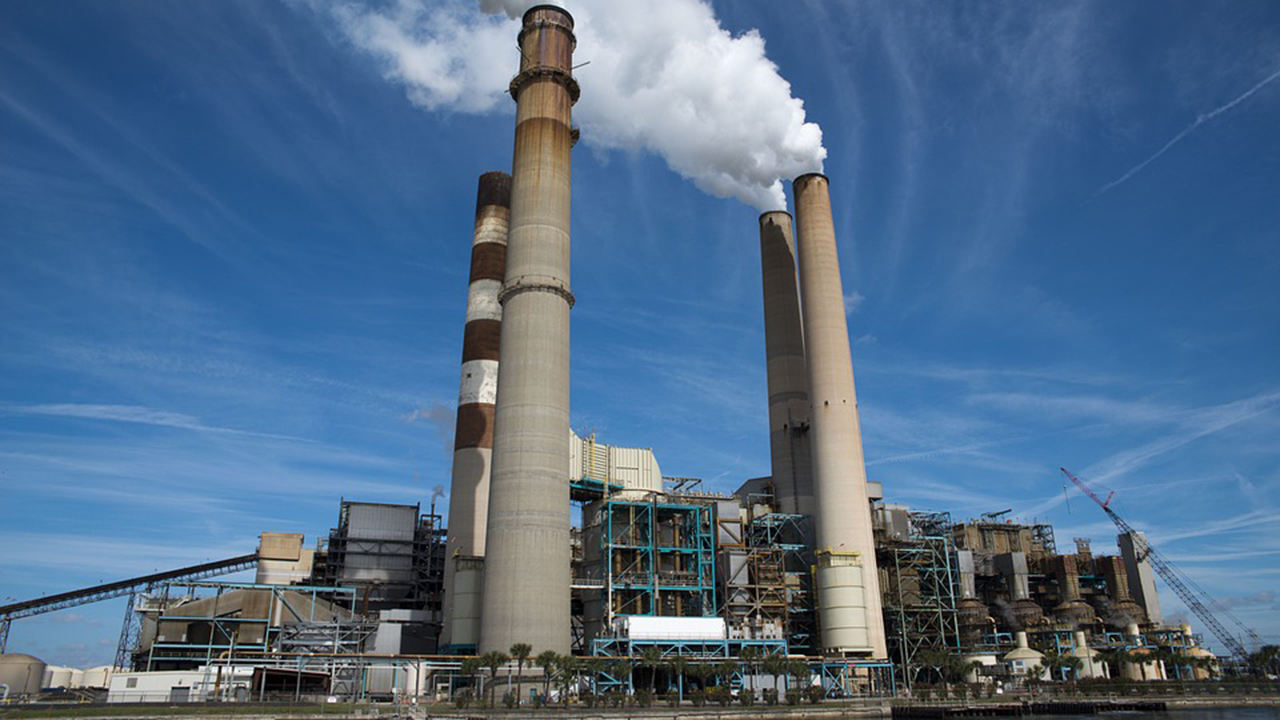
General Manager, Downstream Gas, Chevron Nigeria/Mid Africa, James Okereke, said that an enabling commercial framework, globally competitive fiscals, strong vital infrastructure and reliable operations, as well as sustainable financials and policies were needed for the country to benefit from its huge gas resources.
Okereke made the revelation recently in his presentation, ‘Gas Development in Nigeria – The Chevron Nigeria’s Success Story,’ at the Pan-Atlantic University, Lagos.
GenCos utilise over 70 per cent of gas produced in Nigeria, but inability to get electricity to the end users through the transmission and distribution companies distorted the steady growth and sustainability of the sector.
Therefore, expectations from the nation’s gas sector to provide opportunities for the much-needed investments are high, but investors’ confidence in the gas supply chain has remained bleak.
Optimum utilisation of gas along the value chain, Chevron said, is hampered when GenCos fail to fulfil their financial obligations as a result of a break in the supply chain.
The break in the chain occurs when GenCos could not generate revenue through the distribution companies due to infrastructure failure and poor transmission, consumers’ inability to pay bills and vandalism of power and gas infrastructure.
The oil firm noted that while over 70 per cent of the gas utilisation was absorbed in the power sector, about 30 per cent went to commercial gas consumers.
Other challenges limiting the nation’s gas development, Okereke said, include uncertainty of fiscal terms that encourage development of small to mid-sized assets, as well as non-associated gas fields, reluctance to evolve to market-led gas sector and illiquidity of power sector (highest user of gas).
The expert further disclosed that while the country’s domestic value chain was highly integrated, “it is currently sub-optimal,” describing integrated development of the independent systems of the chain as key to success.
“It is critical that the ongoing legislative and policy efforts ensure that Nigeria is globally competitive to unlock these vast resources. But sustainable gas development in Nigeria requires a collaborative value chain mindset. With this and other key enablers, Nigeria should benefit from its huge gas resources to develop its economy,” he added.
[ad unit=2]






